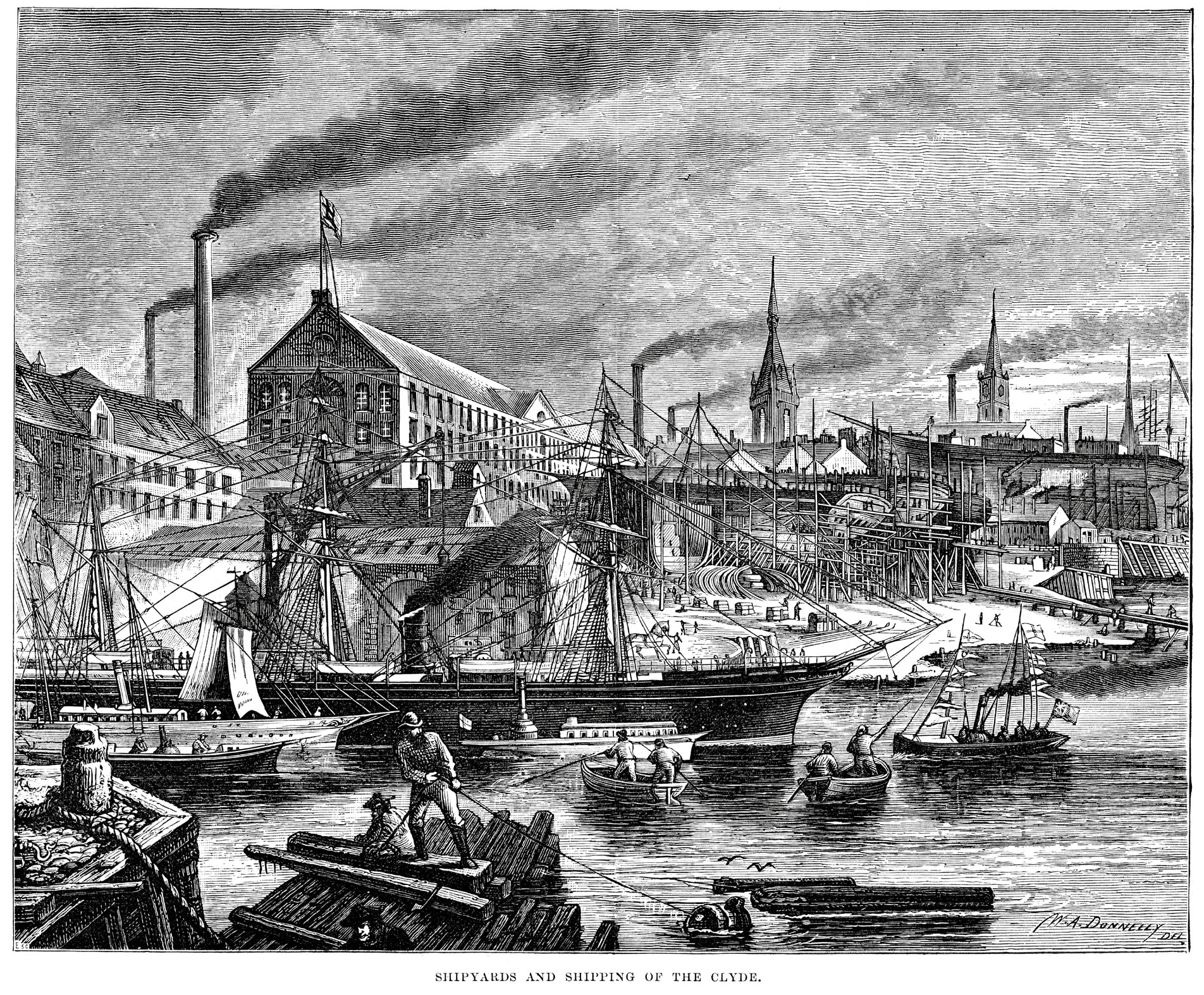
How much has the earth warmed since the Industrial Revolution?
Tags:
Beginning in England and Europe in about 1760 and lasting until 1820-40, the Industrial Revolution was a turning point in history. It forever changed the way we live our lives. This included moving away from hand production in favour of machines, chemical manufacturing, and the increasing use of steam power. This meant more factories—and factory jobs, of course.
Scientists generally agree that the earth has warmed by about 1°C (some say .85°C, others say it’s been more) since 1880. This warming has lead to a warming of the earth’s oceans, rising sea levels, and diminishing snow and ice. But things are quickly getting worse: Since 1990, just 30 years ago, carbon dioxide emissions have increased by almost 50 per cent. And, the past three decades have been the warmest on record.


Why did the Earth start warming during the Industrial Revolution?
Basically, with our new reliance on machines and mechanical processes, we humans started burning fossil fuels—and thus releasing more carbon dioxide and greenhouse gases into the atmosphere than ever before. First coal consumption exploded, leading to extremely high levels of air pollution, followed by oil and gas later on. Used to power factories, heat buildings and homes, and run transportation, these fossil fuels were a major force behind the Industrial Revolution. On top of that, the global population grew considerably, leading to cutting down more forests for farmland and increased animal farming. Trees help to regulate the climate by absorbing carbon dioxide, while animals like cows and sheep produce methane, a greenhouse gas. By the 1900s, after the Industrial Revolution, cars were on the scene, as well as other forms of transport powered by oil and gas (trains, streetcars, etc.). This meant even more greenhouse gasses were pumped into the earth’s atmosphere.Why is the earth still warming today?
For many of the same reasons: we’re still burning fossil fuels. According to the European Commission, these are the major causes of rising greenhouse gas emissions:- Burning coal, oil, and gas, which produces carbon dioxide and nitrous oxide
- Cutting down forests (deforestation)
- Increasing livestock farming
- Fertilizers containing nitrogen, which produce nitrous oxide emissions
- Fluorinated gases, which produce a very strong warming effect
What can we do about it?
Many scientists warn that an increase of 2°C compared to temperatures before the Industrial Revolution is dangerous—and that catastrophic changes to the global environment could occur. Even an increase of 1.5°C is expected to result in extreme changes. Since the Earth’s temperature has already warmed by about 1°C, we basically have wiggle room from .5-1°C. It doesn’t seem like a lot at all. But what can we do about it? Since we know what’s causing the global warming problem, wouldn’t it simply make the most sense to not do as much of the things causing the problem? Using the above list, great places to start would be:- Stop burning coal, oil, and gas
- Stop cutting down forests (deforestation)
- Stop increasing livestock farming
- Stop using fertilizers containing nitrogen
- Stop using fluorinated gases (there are already regulations in place in some regions/countries for this)







